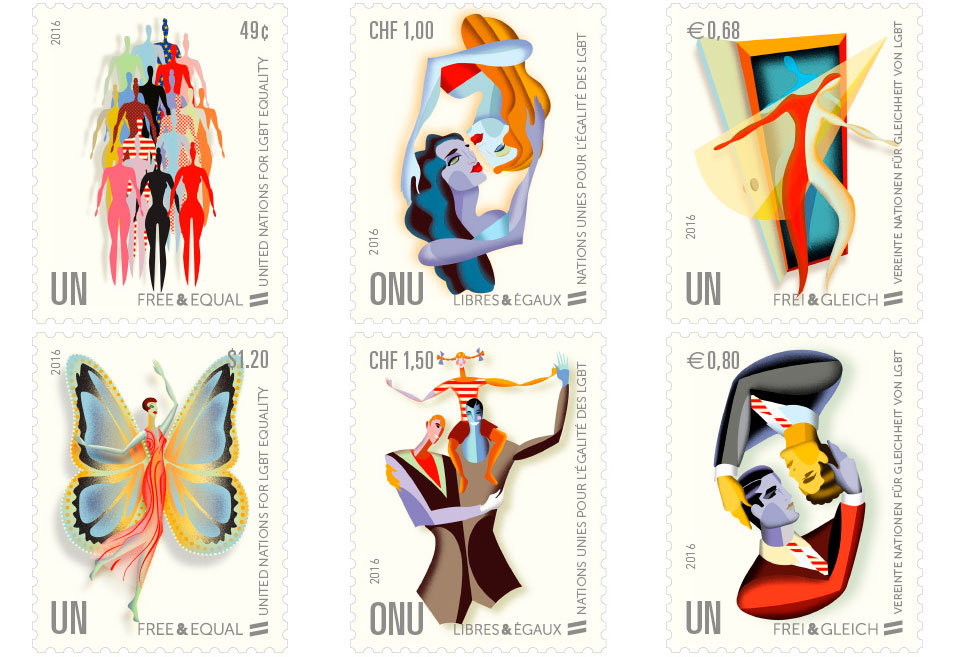Forty three out of the 54 countries in Africa including Uganda, representing eighty per cent, have tough anti-gay and lesbian laws, with all seven North African countries of Tunisia, Sudan, South Sudan, Egypt, Libya, Morocco and Algeria providing for harsh penalties including long jail terms or even death.
According to researched data, in East Africa, all the five East Africa Community (EAC) countries have tough laws against LGBT, while in the Horn of Africa it is only Djibouti that has no known laws against gayism and lesbianism. The other Horn countries of Ethiopia, Somalia and Eritrea all have tough anti-gay laws of between three to 10 years imprisonment.
In the south, it is only South Africa, Lesotho and Mozambique which have okayed LGBT, while the others including Botswana, Angola, Malawi, Namibia, Swaziland, Zambia and Zimbabwe outlawed LGBT.
In the Indian Ocean islands of Mauritius, Comoros and Madagascar, it is only in the Comoros where same sex relationships are outlawed, attracting five years imprisonment and a fine.
Interestingly, in French-speaking West Africa all countries except Cameroon have no known laws against LGBT. The countries were same sex relations are not taboo include Central African Republic (CAR), Chad, the Democratic Republic of Congo (DRC), Equatorial Guinea, Gabon, the Republic of Congo and Sao Tome and Principe.
Meanwhile, the African countries that have tough anti-gay and lesbian laws including Uganda might feel let down after the United Nations Postal Administration (UNPA) unveiled a set of six commemorative stamps to promote UN Free & Equal – a global UN campaign for lesbian, gay, bisexual and transgender (LGBT) equality launched and led by the Office of the High Commissioner for Human Rights (OHCHR).
The new stamps, which celebrate the diversity of the LGBT community, mark the first time the United Nations has issued stamps with this theme. The set, which features two in English, two in French, and two in German, will be available beginning today at UN Headquarters in New York, Geneva and Vienna. They can also be purchased online.
In an interview, the artist who designed them said he was very influenced by art from the first quarter of the 20th Century. Sergio Baradat, who is of Cuban background, explained that his style stems from his appreciation for French Art Deco and growing up in Miami.
“One of the stamps represents someone who is transgender,” Mr. Baradat told UN Radio, referring to the stamp that depicts a person with butterfly wings, an image he says represents a person “becoming who they really are, blossoming,” he said.
“We live in a world where even though [developed] nations have embraced marriage equality [and] LBGT equality, we still have a far, far, far way to go, but we are making some strides,” he added.
“There are some countries in the world right now where not only are we not celebrated or respected, but we are beaten and killed. And I thought that it would be a wonderful opportunity using art, to use postage stamps as a vehicle – using art to change hearts and minds.”
He also stressed that LGBT rights are human rights and that all individuals deserve to be treated equally and fairly under the law.
The series is co-sponsored by the permanent missions of Argentina, Australia, Chile, El Salvador, Germany, Israel, Netherlands, Norway, the United Kingdom, the United States, and Uruguay, the delegation of the European Union, in addition to OHCHR and UNPA.
United Nations stamps in United States denominations are valid for postage only if mailed at UN Headquarters in New York. Stamps in Swiss franc denominations are valid for postage only if mailed at the Palais des Nations, Geneva, Switzerland. Stamps in euro denominations are valid for postage only if mailed at the Vienna International Centre, Austria.








